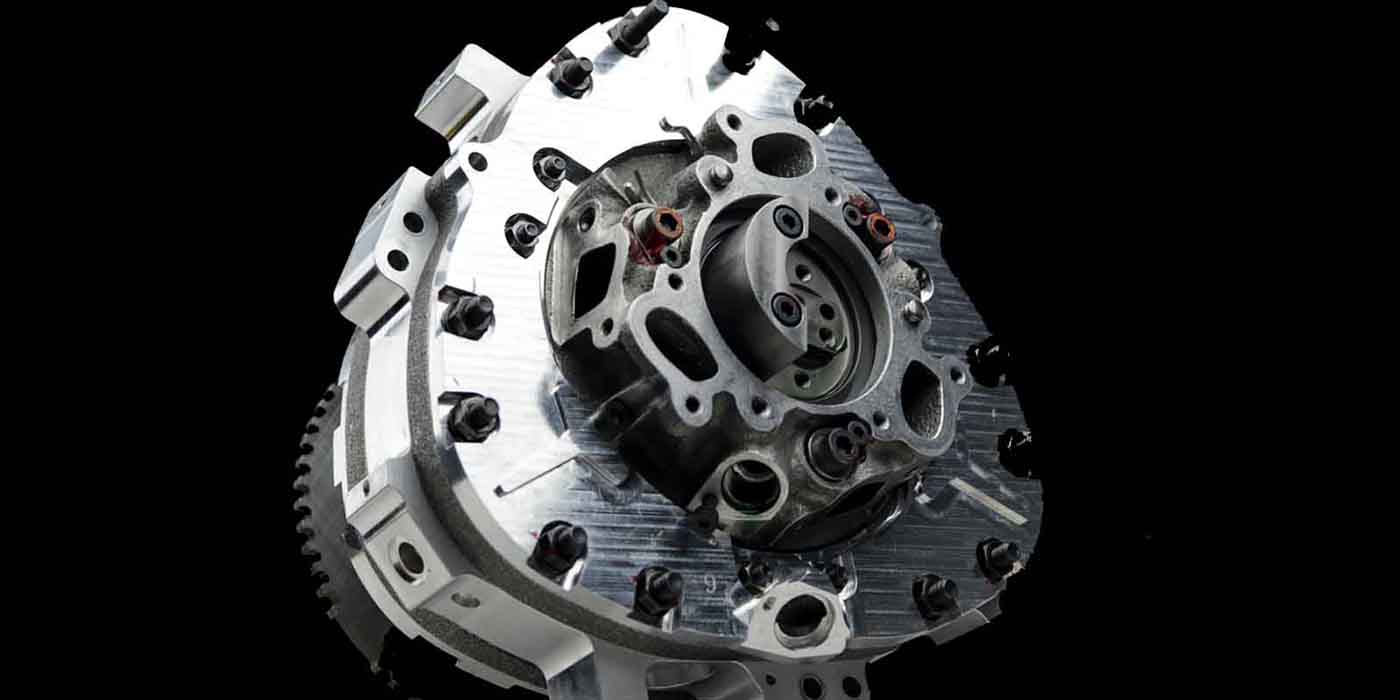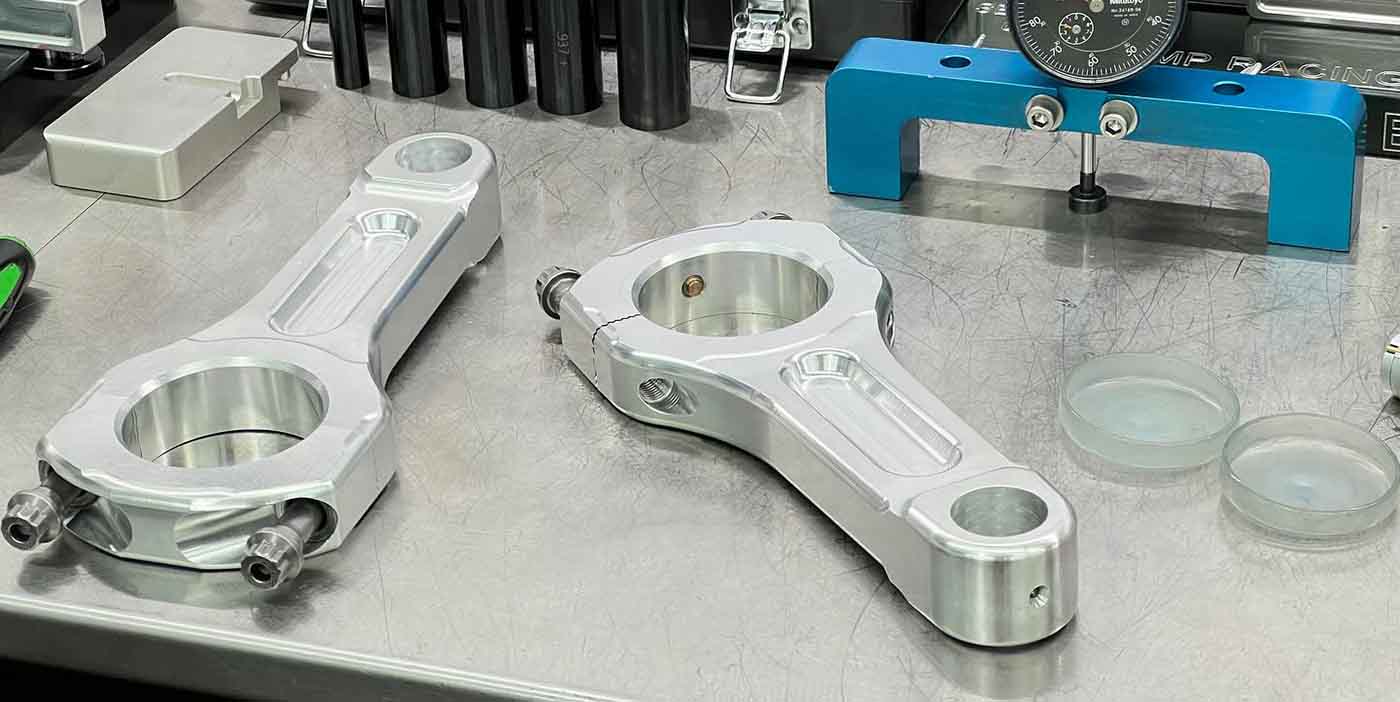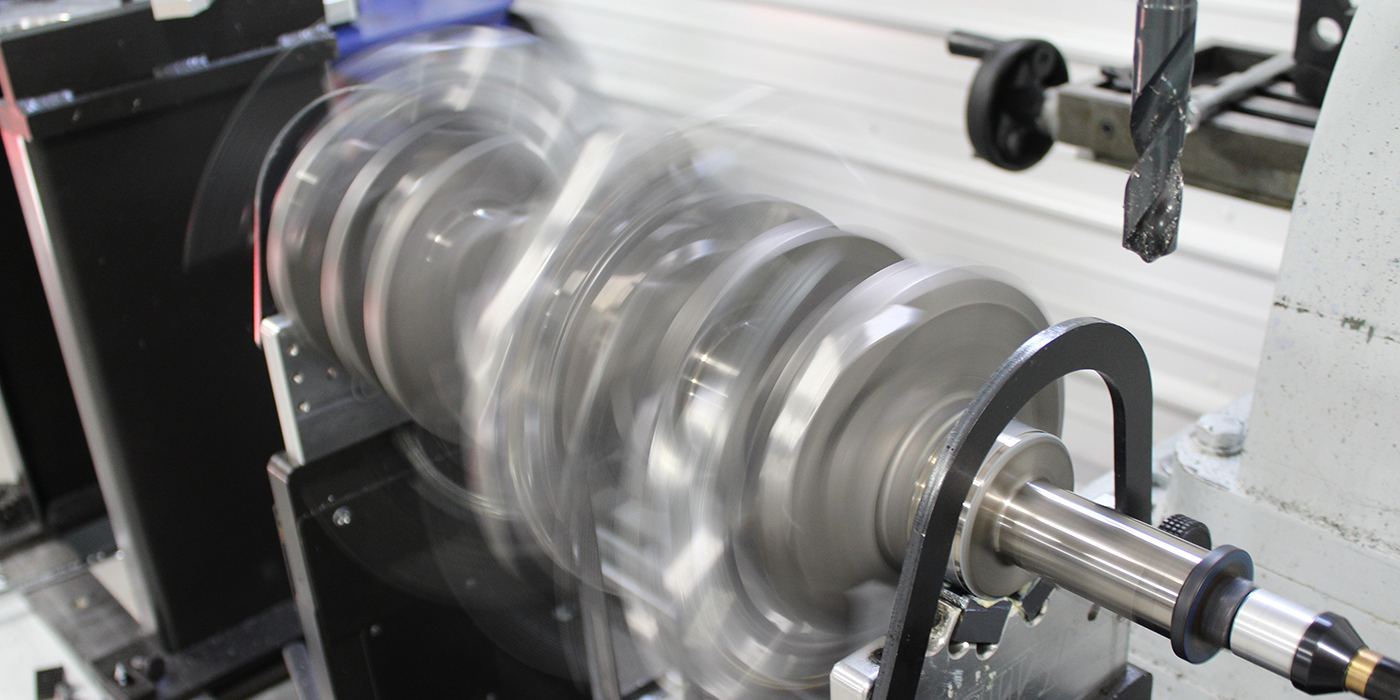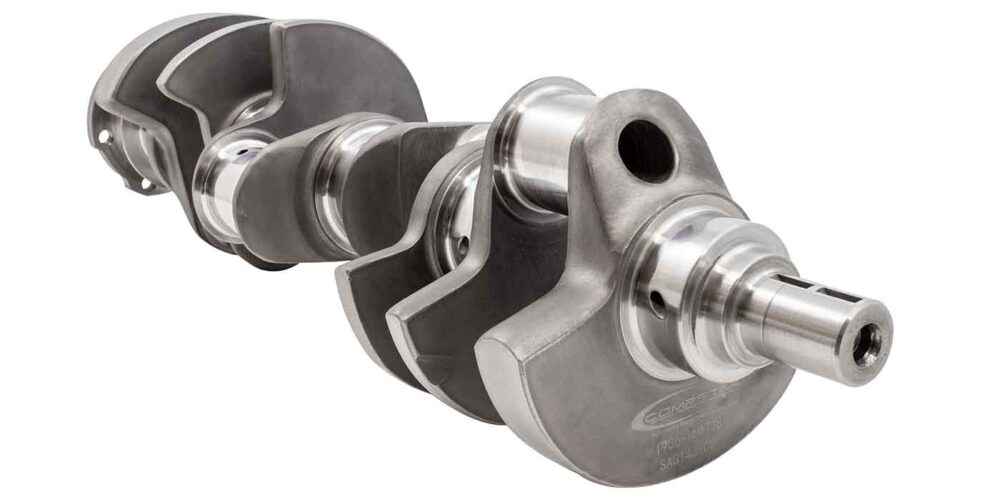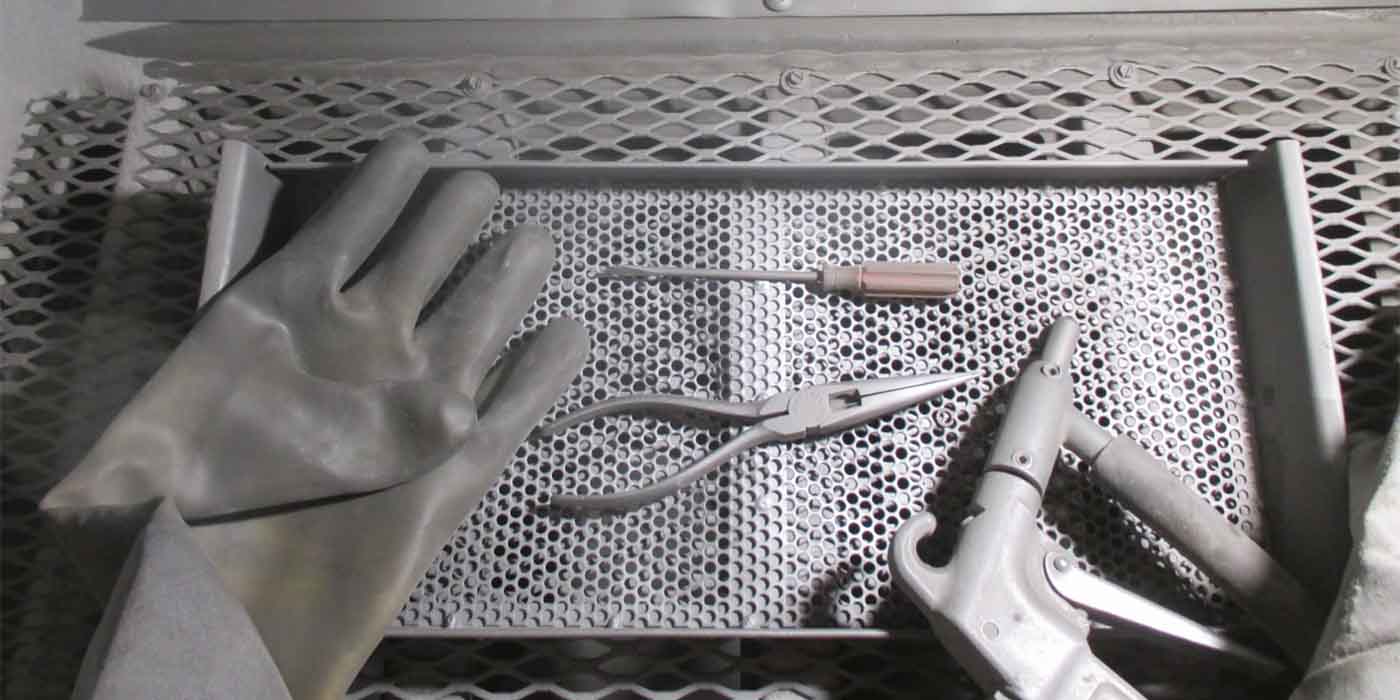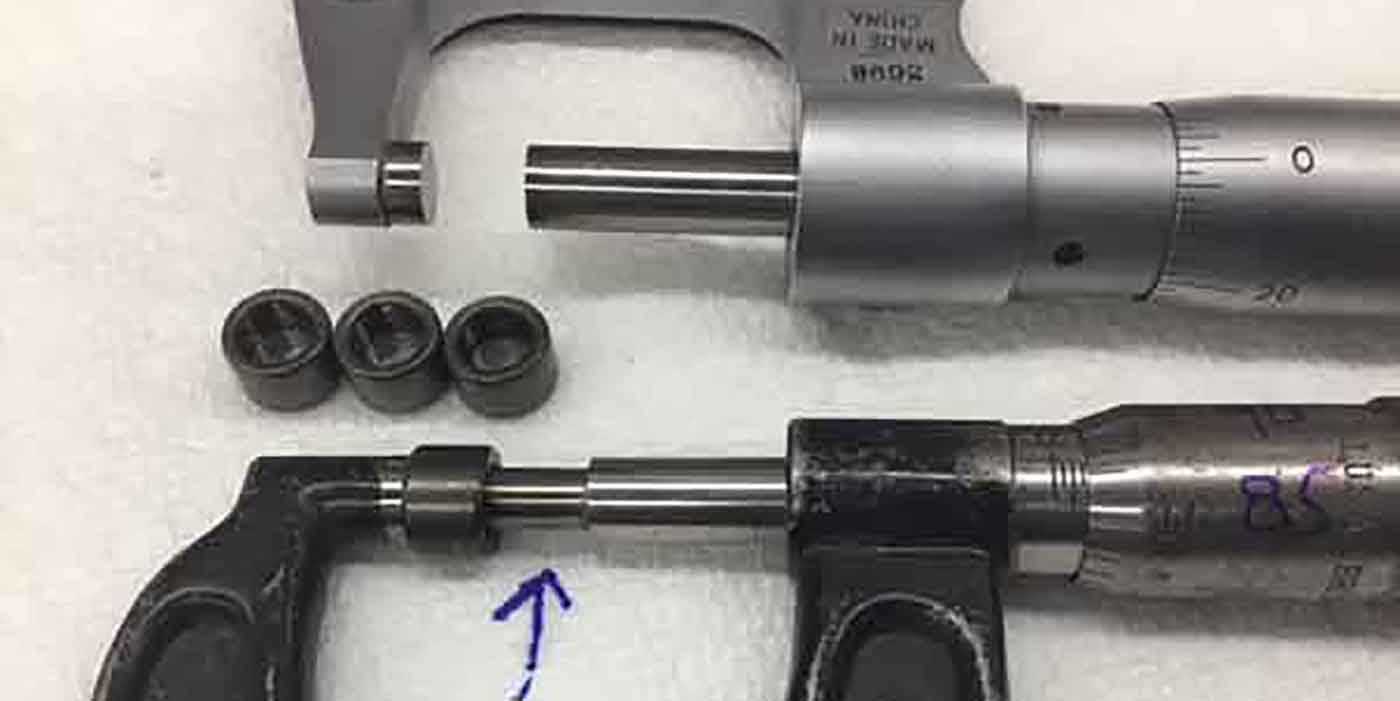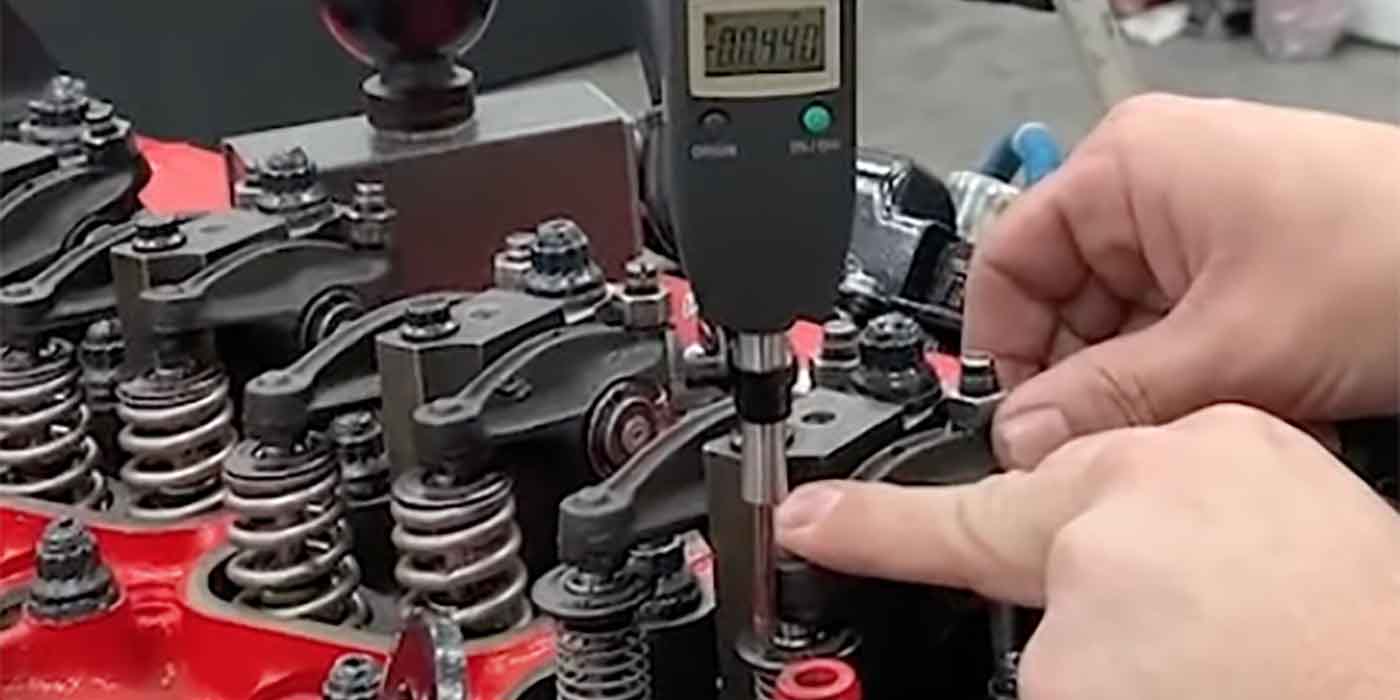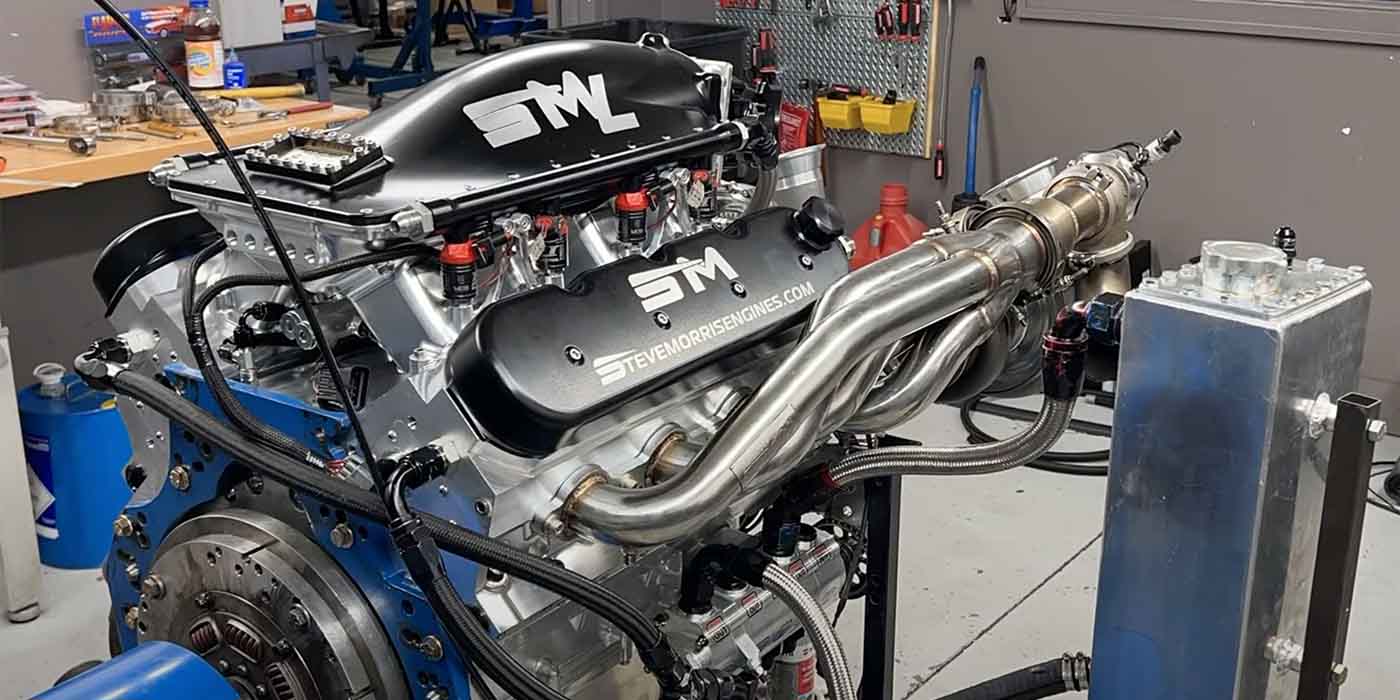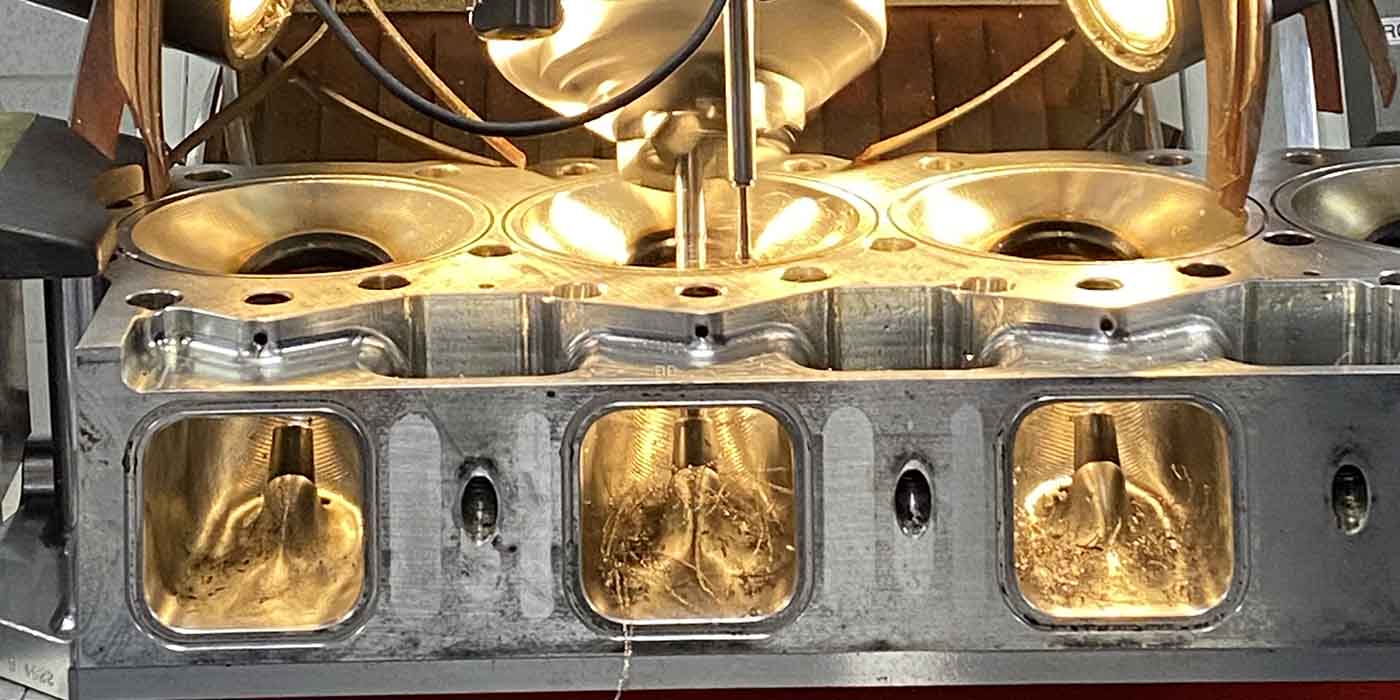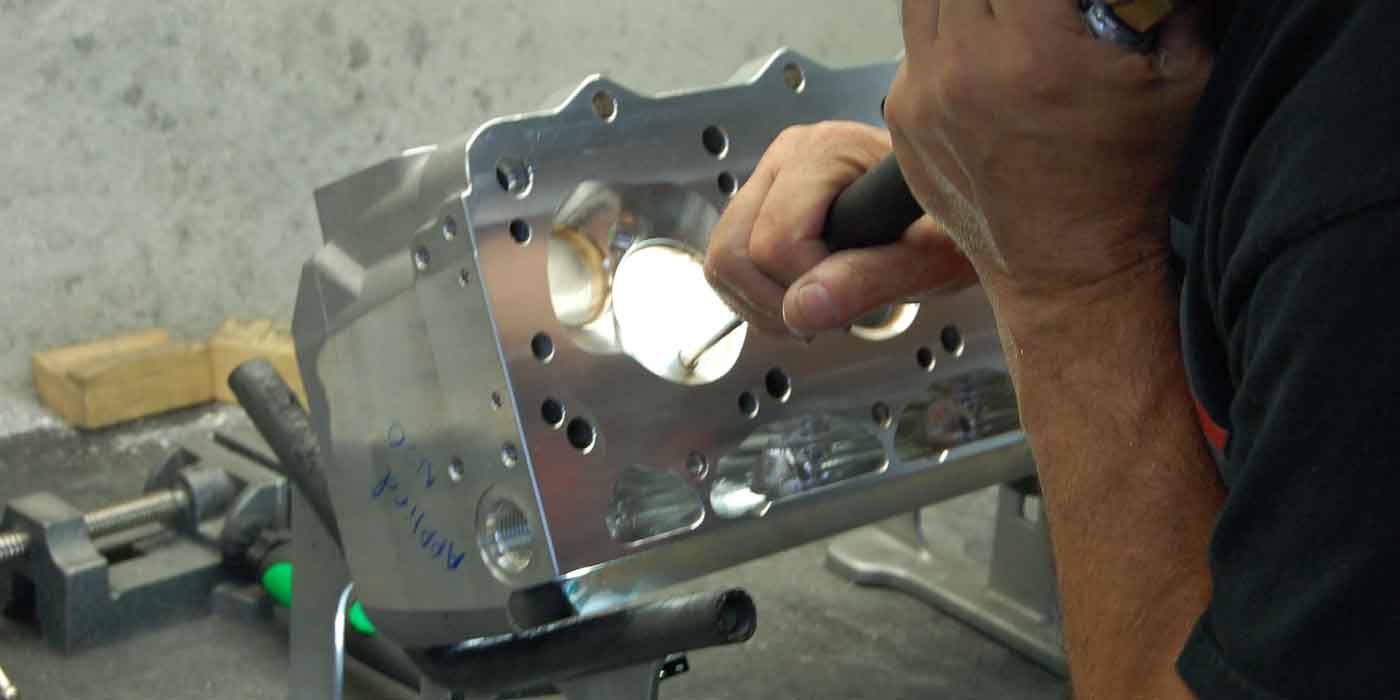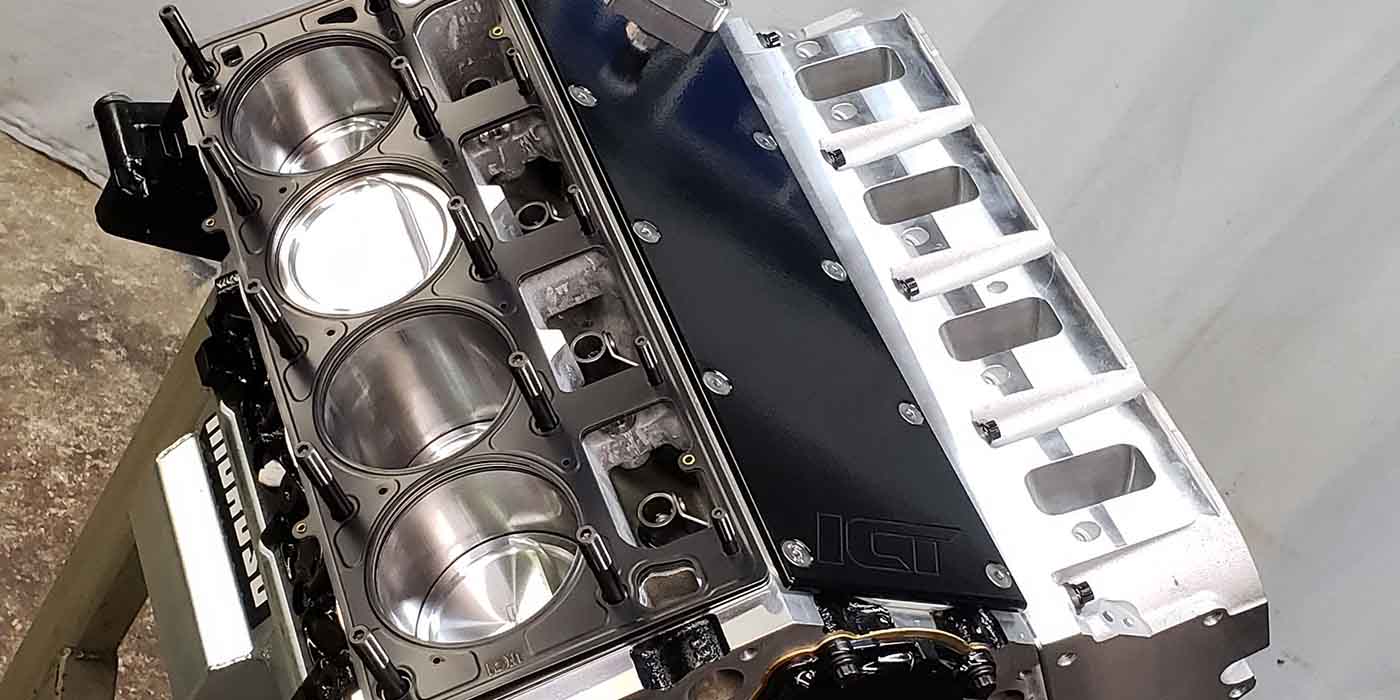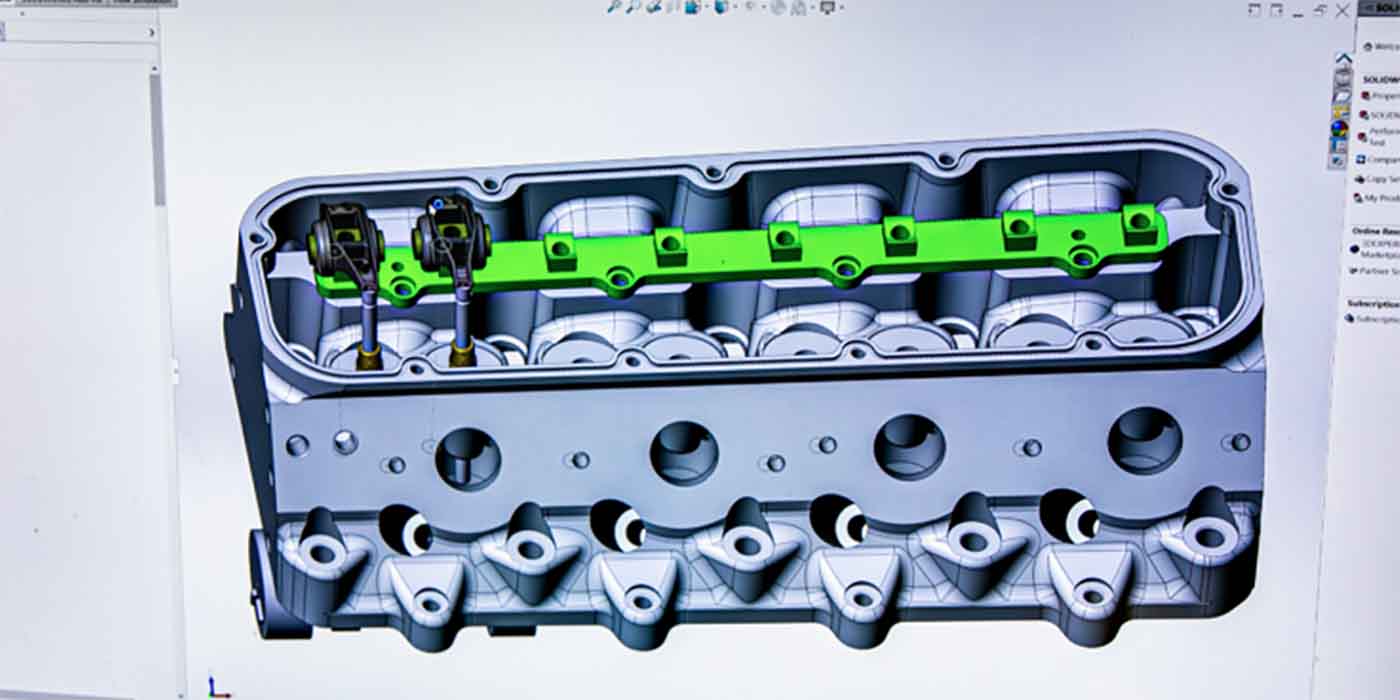All engines will consume some amount of oil, and as an engine ages and wears we generally accept increases in consumption, but in low mileage or low hour engines oil consumption can be frustrating. Letting an engine with truly high oil consumption go unchecked can result in shortened engine life and/or engine failures.
External oil leaks are the easiest to identify and shouldn’t be underrated. A few small external leaks can add up to a considerable amount of oil over time, and obviously these can lead to safety concerns.
Internal oil leaks that allow oil into the combustion chamber from rings not seating due to improper break-in procedures, incorrectly installed rings, leaking turbo seals, worn valve train components, etc…are harder to indentify and more expensive to repair. It’s not always major problems, something as simple as: a failing air compressor, wrong type/weight of oil, or over filling the crank case can cause oil consumption.
Before an engine would be disassembled a study should be done to track the actual amount of oil usage and determine if the engine truly is consuming questionably high amounts of oil.
There are different methods to calculate excessive oil consumption. Some deal with calculations involving load factors and BSCO (brake specific oil consumption) and grams per brake horsepower hour (g/bkW-h) or pounds per brake horsepower hour (lb/bhp-h). Combining the O.E. information, we’ve found the simplest guideline we’ve developed is shown in the chart below. The chart (see illustration above) compares the engines fuel usage in comparison to its oil consumption. Oil usages should be recorded over at least two consecutive regular service oil change periods to determine a reliable base line.
There are conditions and circumstances where engines falling in this questionable range could still be within acceptable limits.
Obviously operating conditions can play major roles and consideration must be given to things such as:
• Load factors
• Oil density and additives
• Operating practices
• Operating temperatures
• Maintenance programs and practices
• Equipments applications
Taking the time to investigate and understand the problem can save you time and money. In some applications and environments the demands placed on the engine can contribute to the additional oil consumption and additional “repairs” to the engine may not produce improvements.
The guidelines above are to be used as a reference. Refer to the latest O.E. manufacturer’s bulletins and publications for more information.
– Tech Tip courtesy of IPD, www.ipdparts.com

